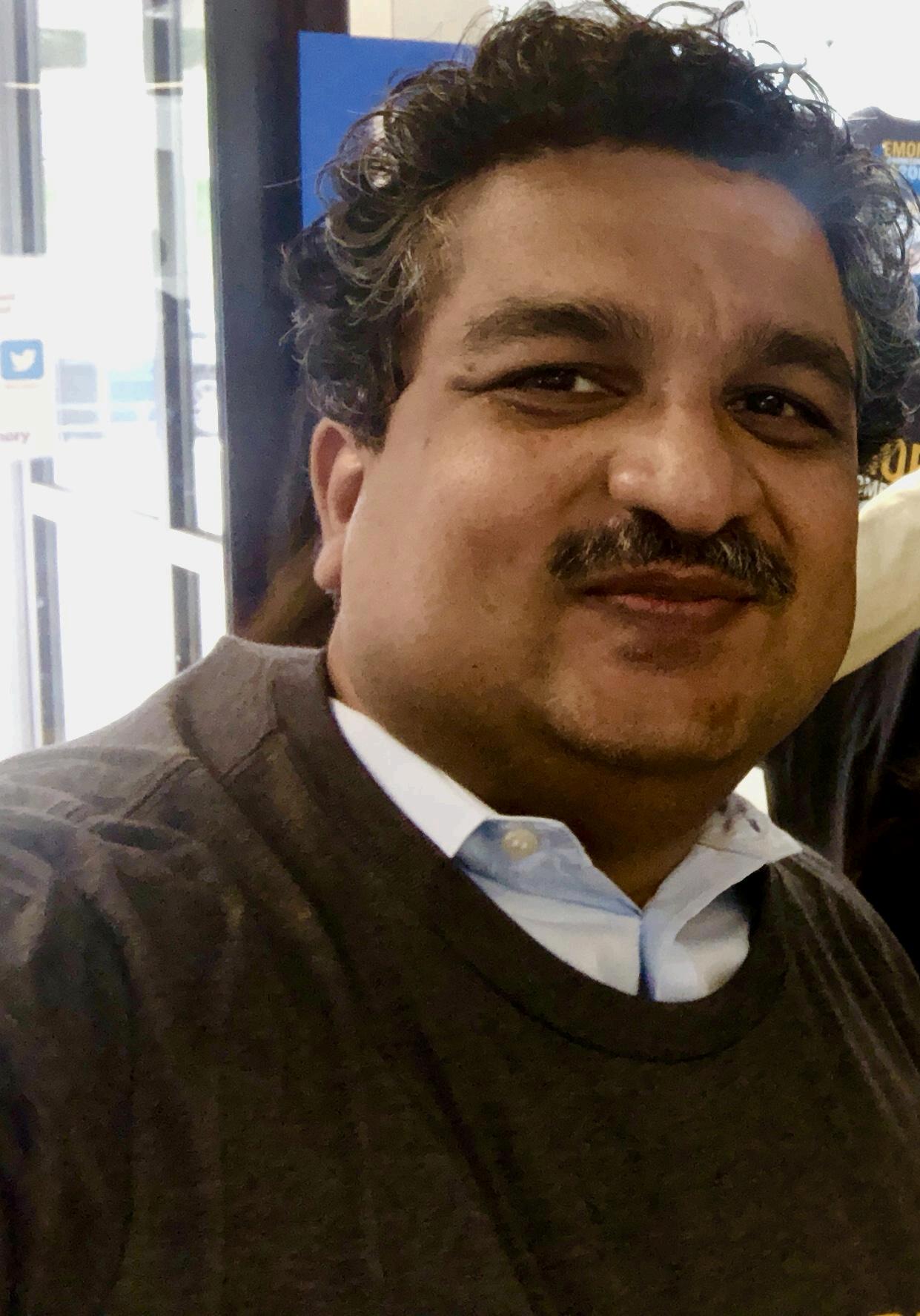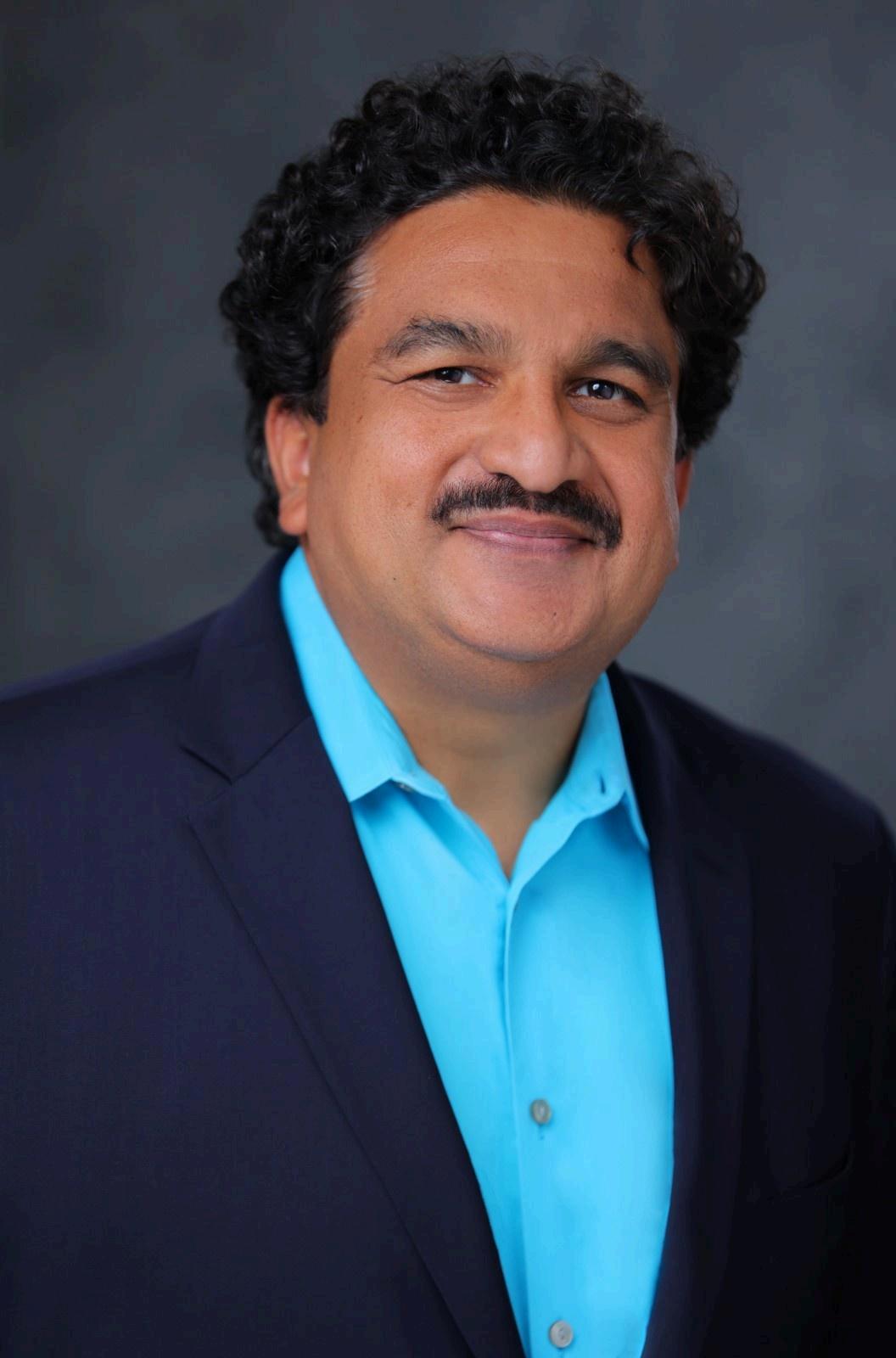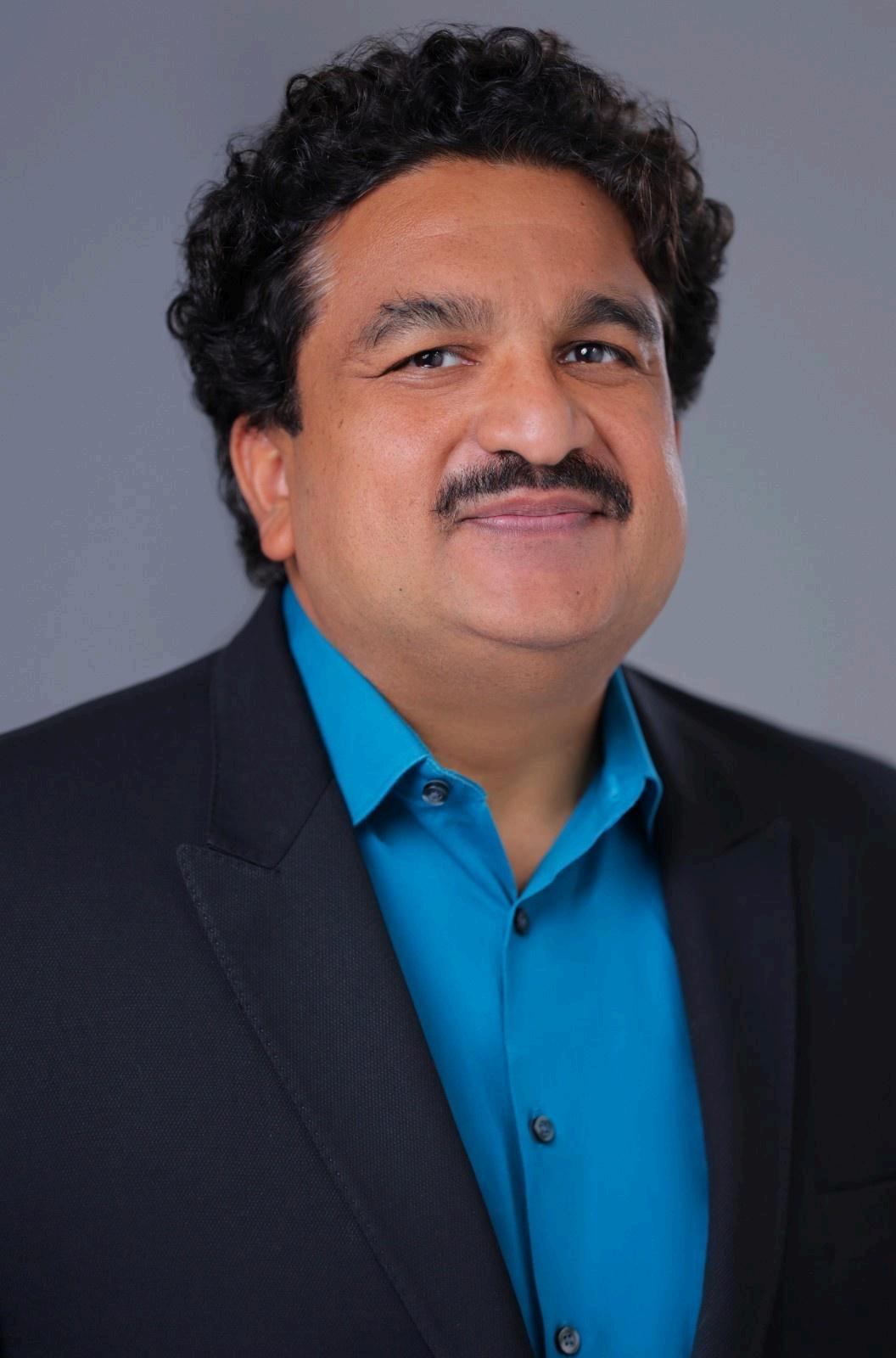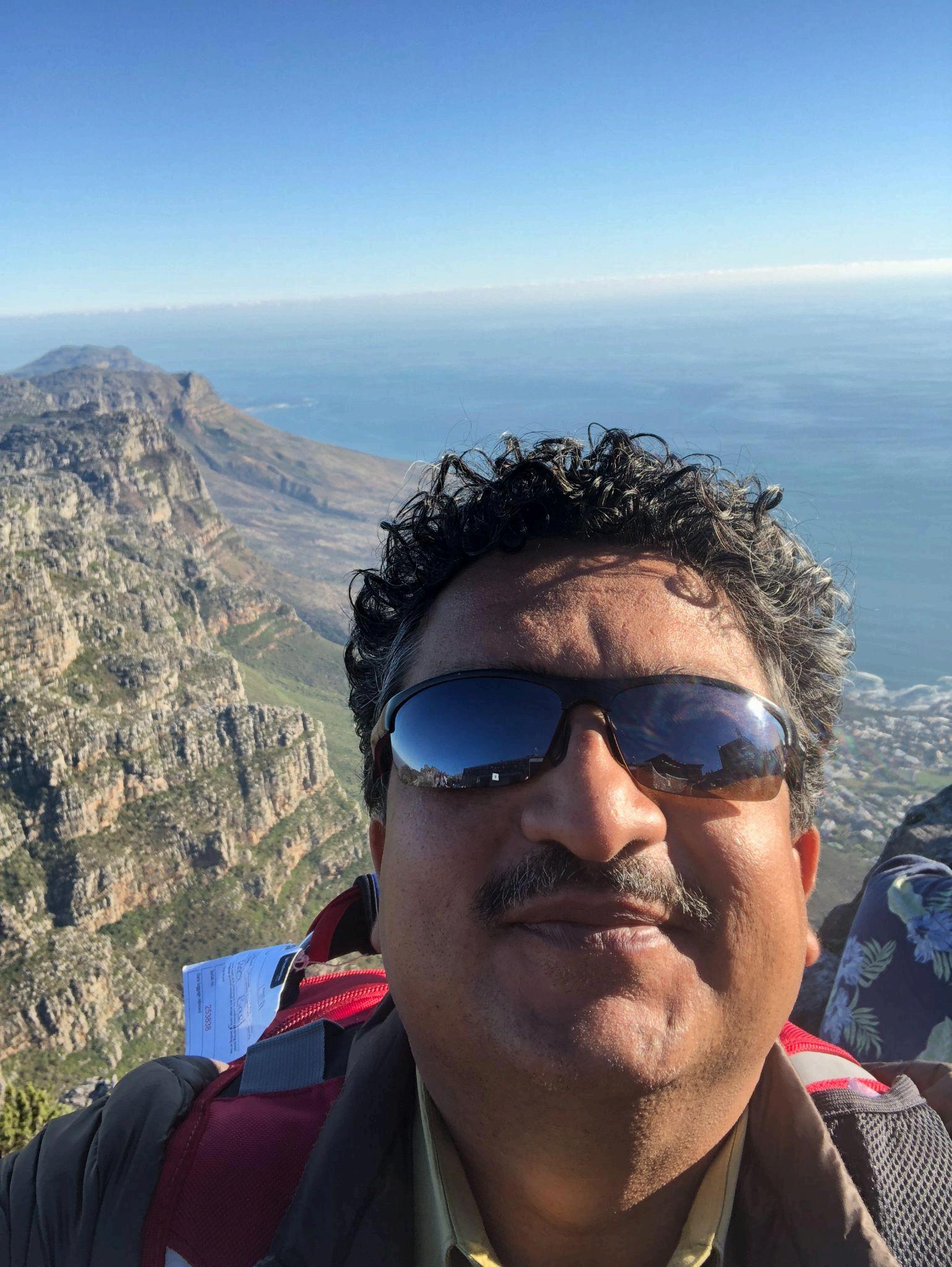Passions Beyond the Lab for Health Scientists

Isam Vaid believes that health scientists dedicate their careers to advancing knowledge, improving medical outcomes, and ensuring healthier futures for communities. Their work requires precision, critical thinking, and long hours in research or clinical settings Yet, outside the demanding pace of professional responsibilities, hobbies play a vital role in maintaining balance, fostering creativity, and promoting overall well-being. These activities not only provide relaxation but also contribute to sharper skills, deeper perspectives, and stronger resilience Exploring how hobbies enrich the lives of health scientists reveals the importance of nurturing passions beyond the lab.
One of the most rewarding hobbies for many in the health sciences is gardening Tending to plants allows individuals to connect with nature in ways that contrast with the controlled environment of laboratories Caring for soil, observing growth cycles, and harvesting fresh produce provide lessons in patience and renewal. Gardening also reinforces the health scientist’s appreciation for the interconnectedness of life systems. The act of nurturing growth outside their professional sphere often parallels their dedication to advancing human health, reminding them of the value of persistence and care.

Physical activities such as hiking, cycling, or swimming have equally impactful effects Health scientists spend a significant amount of their time in controlled settings, often indoors, analyzing data or conducting experiments. Engaging in outdoor exercise offers both physical benefits and a mental reset Hiking, for example, combines physical exertion with the serenity of nature, reducing stress and enhancing clarity of thought Regular exercise also complements their professional commitment to health, ensuring they embody the values they promote in their work. These hobbies foster discipline while providing an outlet for releasing the pressures of demanding careers
Reading beyond scientific literature is also a beloved hobby. Novels, poetry, history, and philosophy broaden horizons, offering insights into human behavior, ethics, and cultural diversity. These readings often deepen empathy an essential quality for anyone dedicated to improving lives through science. Engaging with fiction, for example, sharpens understanding of human struggles and resilience, while philosophy encourages reflection on the moral implications of medical advances. Through reading, health scientists remain connected not only to knowledge but also to the human stories that give their work meaning

Traveling is another activity that enriches life outside the lab Visiting new places exposes health scientists to different healthcare systems, cultural practices, and ways of life. Even when travel is not professionally oriented, it expands awareness of how health and wellness are perceived globally. Observing dietary customs, traditional medicine, or local approaches to community well-being provides valuable context for their own research or practice. Travel also cultivates adaptability, a quality that benefits both personal and professional growth

Volunteering is often a natural extension of their commitment to public health Whether through community clinics, educational programs, or mentoring young students, many health scientists dedicate free time to service These activities reinforce a sense of purpose and allow them to see the direct impact of their efforts outside academic or clinical spaces Volunteering also offers fulfillment that transcends professional goals, grounding them in the immediate needs and joys of their communities
Social hobbies, such as cooking with friends, playing team sports, or participating in local clubs, bring balance to often-intense careers. Health scientists benefit from these shared activities because they build stronger support networks and remind them of the importance of connection Cooking, for instance, combines creativity with nutrition, while also strengthening bonds when meals are shared. Team sports foster collaboration and leadership skills, which translate back into their scientific work These social engagements enrich not only the scientist but also the communities around them.

The lives of health scientists are not solely defined by research or clinical contributions Their hobbies reflect the richness of their humanity, ensuring that they remain curious, empathetic, and inspired. These pursuits are reminders that well-rounded lives not only benefit individuals but also enhance the work they contribute to the greater good Passions beyond the lab give health scientists the strength and creativity to continue shaping a healthier and more compassionate world
